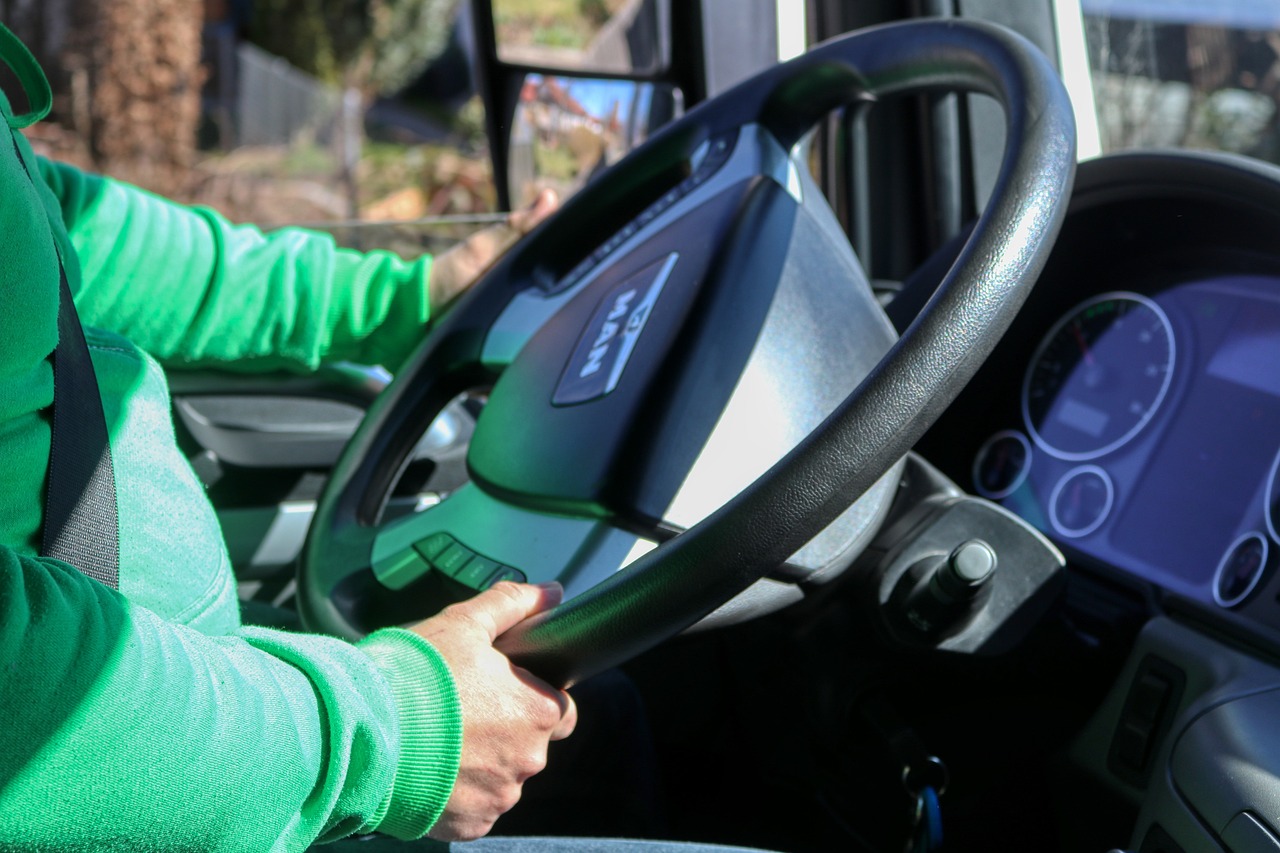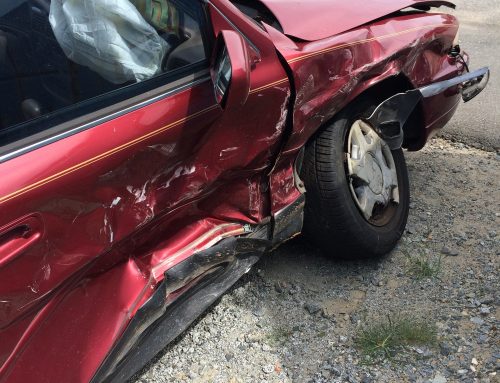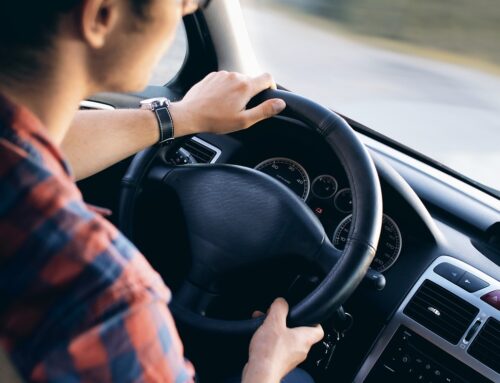Car accidents are an unfortunate reality on Florida roads, and when an employee is involved in a crash while working, complex legal questions often arise. One of the most pressing questions for both employers and injured parties is: When a car accident involves an employee, where does employer liability apply?
Florida law provides several scenarios in which an employer may be held liable for damages resulting from a car accident involving an employee. Whether you’re an employer, an employee, or an accident victim, it’s important to understand these variables to protect your rights and know your responsibilities.
The Rule of Vicarious Liability in re: Employer Liability
In general, under the legal doctrine of respondeat superior, employers in Florida can be held vicariously liable for the negligent actions of their employees when those actions occur within the scope of employment. This means that if an employee causes an accident while performing job-related duties, the employer may be responsible for the resulting damages.
But what exactly qualifies as being “within the scope of employment”? This is where various factors come into play.
-
- Was the Employee on the Clock? If the employee was actively working when the accident occurred—such as making deliveries, traveling between job sites, or attending a work meeting—the employer is more likely to be liable. If the employee was off-duty, including breaks or lunch runs (unless expressly work-related), the employer typically has little or no liability.
- Was the Employee Commuting? In most cases, employers are not liable for accidents that occur during an employee’s regular commute to or from work. This is known as the “coming and going” rule. However, there are exceptions.
- A traveling employee doesn’t have a fixed office or regularly travels for work; therefore their commute may be considered part of their job duties.
- If the employee was performing a special task for the employer (e.g., picking up supplies on the way to work), the employer could be liable.
- If the employer requires the employee to attend a meeting or training off-site, the travel may be considered work-related.
- What Vehicle Was Used?
- Fleet or company-owned vehicle: If the employee was driving a company vehicle, the employer is more likely to be liable. Employers are generally responsible for ensuring that their vehicles are safely maintained and that employees are authorized to drive them.
- Personal vehicle: If the employee was using their own car, liability is less straightforward. If they were using it for work purposes at the time of the accident, such as driving to a client’s location, the employer may still be liable. However, if the employee was using their personal vehicle for a non-work purpose, even during work hours, the employer may not be responsible.
- Was the Employee Acting Negligently or Recklessly?
If the employee was acting recklessly—such as driving under the influence or engaging in illegal activity—the employer may argue that the employee was acting outside the scope of employment, which can limit liability. However, employers can still be held accountable if they failed to properly vet or supervise the employee, especially if the employee had a known history of unsafe driving. - Independent Contractors vs. Employee:
Generally, employers are not liable for the actions of independent contractors. However, if the company exerts significant control over the contractor’s work, or if the contractor is misclassified and functions as an employee, liability may still attach.
Speak with a Florida Personal Injury Attorney
Determining employer liability in car accidents isn’t always black and white. If you or a loved one has been injured in a work-related crash, it’s important to speak with an experienced Florida personal injury attorney who understands the nuances of employer liability.
At Probinsky & Cole, we can help you evaluate your claim, understand your rights, and pursue compensation from all responsible parties. Contact us today for a free consultation.
This blog is for informational purposes only and does not constitute legal advice. Reading this article does not create an attorney-client relationship with Probinsky & Cole or any of its attorneys. Each case is unique, and laws may change or vary by jurisdiction. If you have been involved in a car accident or have questions about employer liability, please contact a qualified attorney to discuss the specific facts of your situation.








